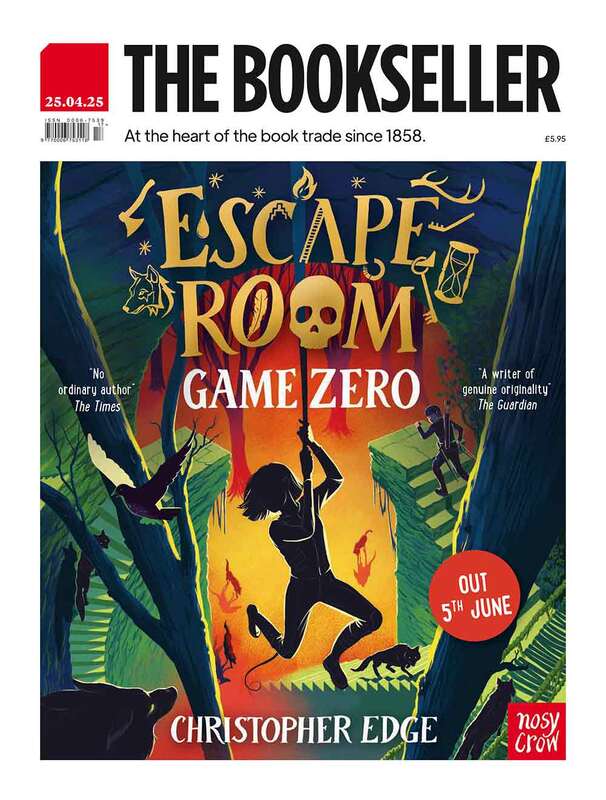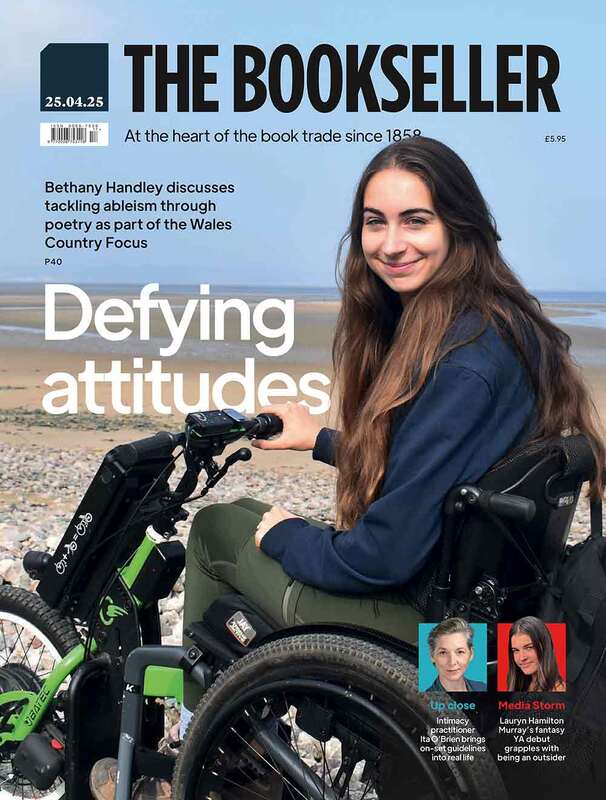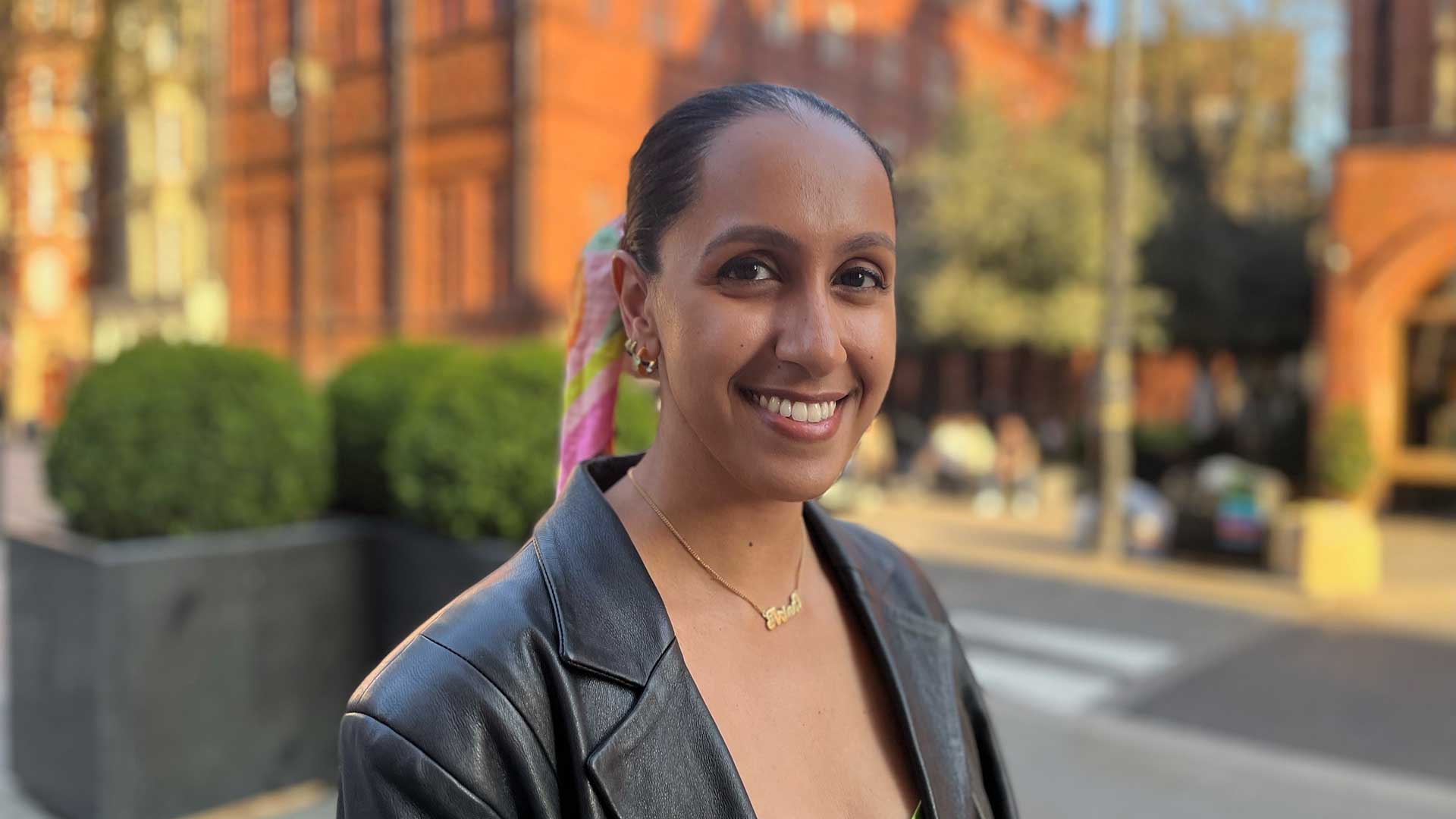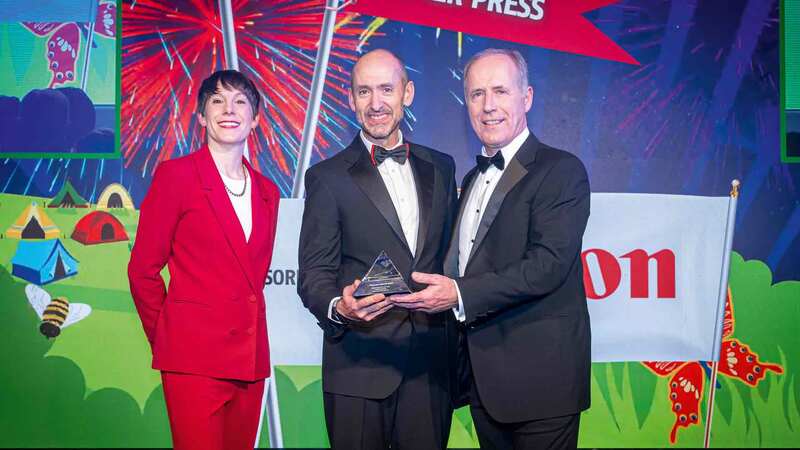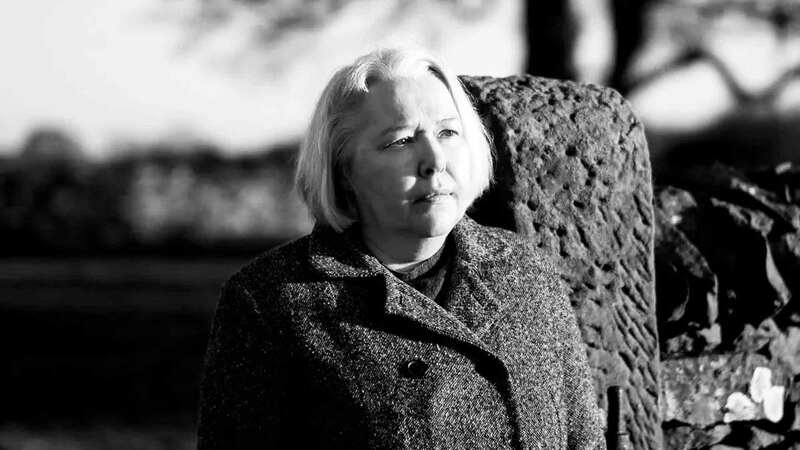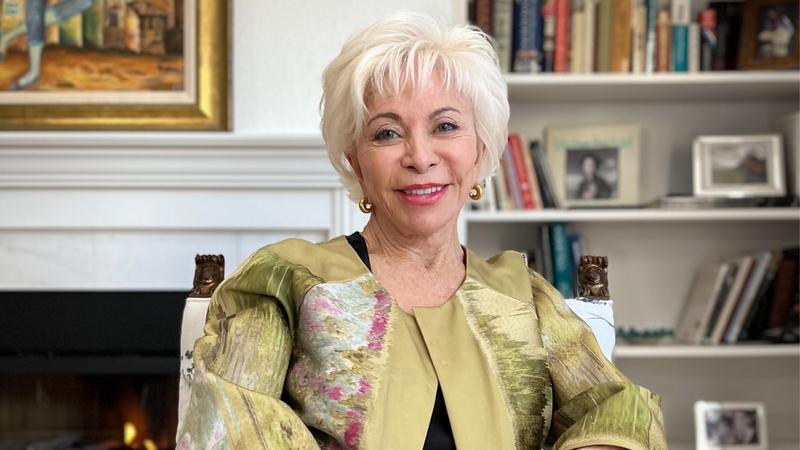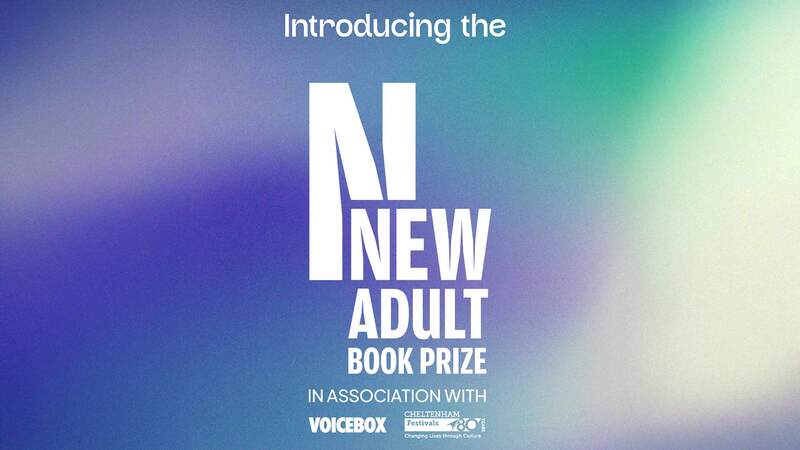You are viewing your 1 free article this month. Login to read more articles.
Cole hits back at Brontë controversy
Model Lily Cole has asked for her work to be “judged on its own merits” after a member of the Brontë Society resigned over her appointment as creative partner.
Cole was chosen by the society as a creative partner for the 200th anniversary of Emily Brontë's birth. However, Nick Holland, former member of the society and author of books on the Brontës, strongly criticised Cole's selection, saying the decision was made as part of the society's drive to be "trendy" and to "attract a younger audience".
"The very basic rule should have been that the person chosen for such an important role as creative partner is a writer", he said. "The drive now is for one thing - attracting a young audience. Being trendy is the ultimate aim, with the Brontës themselves relegated to the sidelines... It’s best that I leave the society now, before they announce James Corden as the creative partner for 2019, a year in which Patrick Brontë is being remembered, and Rita Ora as organiser for Anne Brontë’s celebrations in 2020".
Cole, who holds a double first in art history from Cambridge, argued that she would need to use a pseudonym like the Brontës so that her work would be "judged on its own merits, rather than on my name, my gender, my image or my teenage decisions".
In a statement responding to the controversy, Cole said: “Emily Brontë, whose extraordinary novel Wuthering Heights has stirred the world for over 150 years, published her work under an androgynous pseudonym: Ellis Bell. Writing in 1850, Charlotte Brontë explained why she and her sisters Emily and Anne all used pseudonyms: ‘We did not like to declare ourselves women, because we had a vague impression that authoresses are liable to be looked on with prejudice.’
“When I was asked by the Brontë Parsonage Museum to work on a piece to commemorate Emily Brontë’s birth I immediately thought of Emily’s pseudonym, and what that gesture represented. Why could a woman not publish under her own name? What was life like for women living in the UK in the 19th century? What circumstances would also give rise to a child being found abandoned in a city in the 18th century, as Heathcliff was?
“Now I find myself wondering, fleetingly, if I should present the short film I am working on for the museum under a pseudonym myself, so that it will be judged on its own merits, rather than on my name, my gender, my image or my teenage decisions. I would not be so presumptuous as to guess Emily’s reaction to my appointment as a creative partner at the museum, were she alive today. Yet I respect her intellect and integrity enough to believe that she would not judge any piece of work on name alone.”
Holland’s comments have provoked heated discussion, with some accusing the scholar of snobbery and misogyny.
Bronte scholar Samantha Ellis, who previously branded Holland's critique of the society's choice as "tedious killjoy carping", told The Guardian that she thought Cole's selection was "a brilliant idea" and suggested that there is a "whiff of misogyny" involved in the controversy.
"With Tracey [Chevalier], Simon [Armitage] and now Lily, this move has been absolutely fantastic and brought loads more people to the Brontës and the parsonage. The Brontës were passionate, and that’s why people care so much about them. Lily’s clearly passionate about the arts and I don’t see why she wouldn’t be a good advocate. I do think there is a whiff of misogyny about some of the statements made about Lily on Twitter and beyond. People must remember that the Brontës themselves were young women – I think it is interesting that the society chose a young woman.”
Writer Rowan Coleman tweeted: “Call me old fashioned but surely attracting a younger audience to the genius of the Brontës is a positive thing? Next generation to guard the legacy! P.S I think Emily would have put [on] her thunder and longing dress and been delighted!
Journalist Donna Ferguson said: “I interviewed @lilycole last year - she was kind, articulate, funny and possibly the cleverest person I’ve ever met. The Bronte Society will only benefit from her membership & are lucky to have her - anyone who thinks otherwise has definitely never met her."
Meanwhile, writer Juno Dawson tweeted: "Yeah what a terrible role model Cambridge graduate, humanitarian activist Lily Cole is. The Brontës would be turning in their graves. God I *loathe* snobbery.
A spokeswoman for the society said: "The Brontës were trailblazers and it is one of the roles of the society to ensure that their lives and work continue to be of relevance and interest to modern society. Lily's innovative projects in the fields of literacy, nature, storytelling and the environment are the perfect fit for Emily, and her originality and creativity will bring a fresh perspective to our 2018 celebrations."
The fresh row comes after years of infighting in the society between modernists and traditionalists over the direction it should take to keep in step with the 21st century and to attract new members. Last year, the organisation's a.g.m. saw “furious exchanges” between “warring factions".

